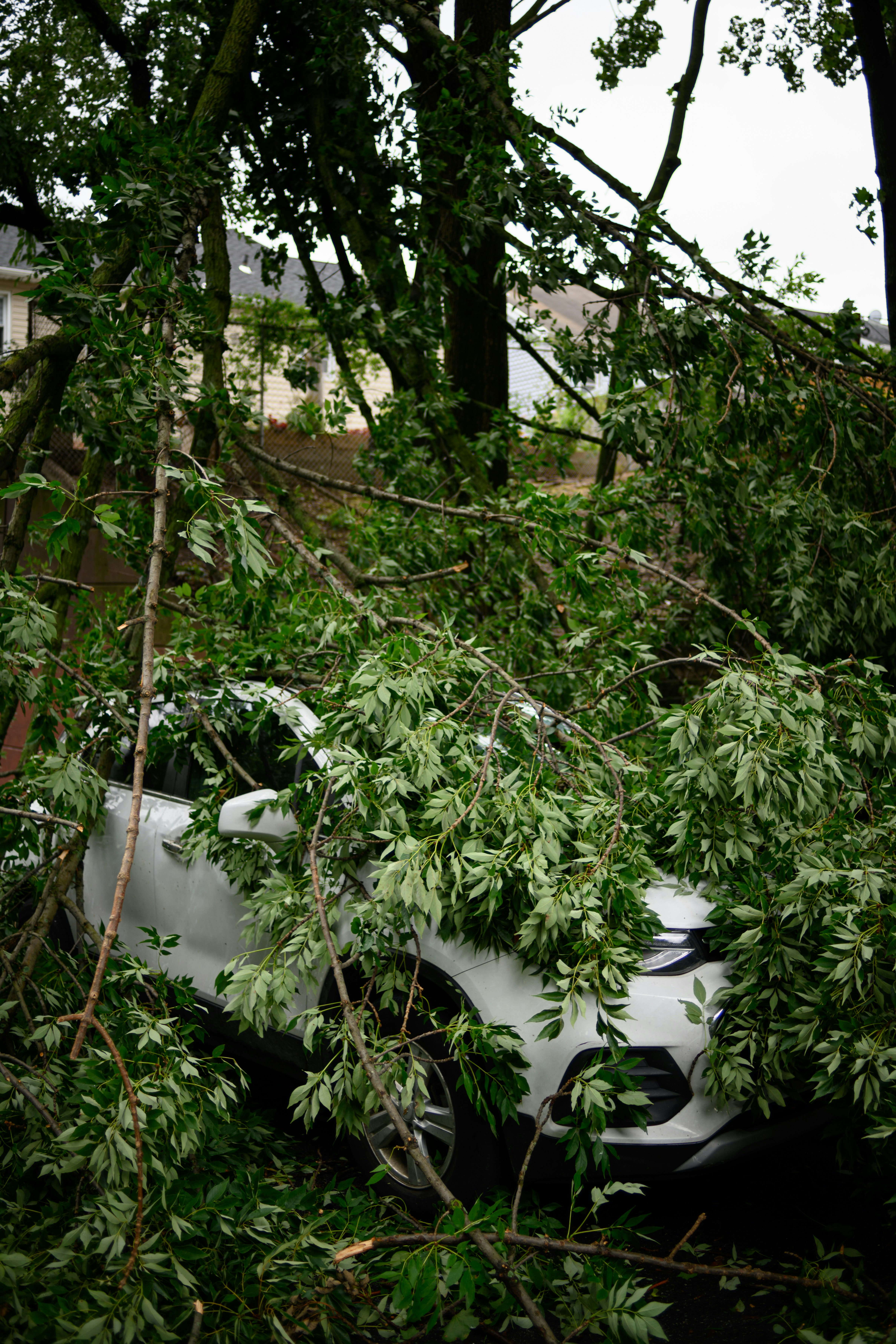The Importance of Resilience Training for First Responders
First responders are the unsung heroes during hurricanes, bravely facing challenges to save lives and provide crucial aid. In hurricane-prone areas, resilience training is essential for these responders to effectively handle the demands of such high-stress situations. Resilience not only pertains to physical endurance but also to mental strength and adaptability, ensuring they remain composed, decisive, and effective amid chaos.
Understanding the Role of First Responders in Hurricane Situations
During hurricanes, first responders, including firefighters, police officers, paramedics, and other emergency personnel, work tirelessly to protect and assist affected communities. They are responsible for evacuating residents, administering medical aid, conducting search and rescue operations, and maintaining order. Without adequate resilience training, the physical and emotional toll on first responders can significantly impact their performance and well-being.
Enhancing Physical and Mental Resilience
The unpredictable nature of hurricanes necessitates comprehensive training programs to prepare first responders for all possible scenarios. Physical fitness regimens improve strength and endurance, which are crucial for operating in challenging environments. Additionally, mental resilience training helps first responders manage stress, maintain focus, and make quick decisions, even when situations are dire.
HelpNow provides various programs that include training sessions aimed at bolstering the resilience of first responders. These sessions combine simulations with classroom instruction, ensuring that participants receive a holistic learning experience.
Innovative Approaches to Training
Recent technological advancements have introduced innovative methods to enhance resilience training for first responders. Virtual reality (VR) simulations allow them to experience realistic scenarios in a controlled environment. This immersive technology prepares them for the sensory overload often encountered during actual emergencies.
In addition to VR, online modules offer flexibility, allowing first responders to access training resources at their convenience. This model has proven invaluable, particularly when coordinating large-scale training exercises that involve multiple agencies.
Community Engagement and Support
Building resilience among first responders isn’t solely about individual training—community engagement plays a vital role as well. Establishing strong relationships between first responders and the communities they serve enhances cooperation and trust during emergency situations. Community drills and educational workshops facilitate this process, enabling better preparedness and mutual understanding.
For more information on how communities can engage with first responders and improve preparedness, check the HelpNow Blog.
Support Systems and Mental Health Resources
It’s crucial to acknowledge the psychological impact hurricanes can have on first responders. The National Institute of Mental Health provides comprehensive resources on managing stress and trauma, which can be particularly beneficial for those dealing with high-stakes environments.
Organizations can support their first responders by incorporating mental health resources into their training programs. Peer support groups, counseling services, and regular debriefing sessions are integral to maintaining a healthy workforce. Additionally, encouraging an open dialogue about mental health can reduce stigma and foster a supportive atmosphere.
Collaborative Efforts and Continuous Improvement
Creating resilient first responders requires continuous collaboration between various entities, including local governments, training organizations, and community groups. This collaboration ensures that training programs remain updated and relevant, incorporating new insights and lessons learned from past experiences.
Government agencies, such as FEMA, offer valuable resources for developing training protocols and disaster response plans. Utilizing these resources enhances the quality of training provided to first responders, ultimately improving the effectiveness of disaster response efforts.
For official guidelines and strategies on hurricane response, visit the FEMA website.
Conclusion
Resilience training for first responders is vital in ensuring effective disaster response in hurricane-prone areas. By combining physical fitness, mental strength, community engagement, and cutting-edge technology, responders are better equipped to handle the myriad challenges hurricanes present. Continuous improvement and support systems are crucial components in maintaining a robust emergency response framework, guaranteeing the safety and well-being of both first responders and the communities they serve.
To explore more about resilience training or to get involved, visit our courses page and learn how you can contribute to disaster preparedness and response efforts.

